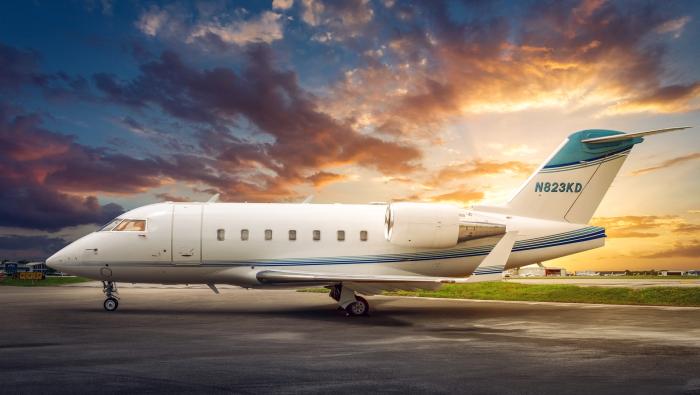Jet Aviation has joined a growing number of Part 121 air carriers and Part 135 charter carriers offering more than just automatic external defibrillators (AEDs) as lifesaving equipment aboard their aircraft by signing a contract with Remote Diagnostic Technologies (RDT) to offer the Tempus 2000 aboard the aircraft it manages.
The Tempus 2000 sends a patient’s vital signs and video images via a built-in modem to a 24-hr, ground-based medical team of physicians specializing in aeronautical physiology. The device provides a 12-lead electrocardiogram to assess heart function, and measures blood pressure, pulse rate, temperature and oxygen and carbon dioxide levels in the blood. The Tempus 2000 is said to be the first remote medical-monitoring device designed specifically for non-expert use during any medical incident on board an aircraft.
While the device in no way takes the place of a trained medical professional on board, in many ways it’s the next best thing. “The use of this technology significantly increases the quality of on board medical provisions, since the Tempus 2000 is capable of monitoring almost any in-flight medical incident, such as a child with asthma a woman with angina, or a businessman experiencing a panic attack. All the ease-of-use features on the device, such as integrated voice, full-color help screens and remote control usage by ground-based doctors, enable confident use by the crew, even on an intermittent basis,” said Graham Murphy, managing director of RDT, developer of the Tempus 2000.
UK airlines Virgin Atlantic and British Midland are using the Tempus 2000 aboard their aircraft, with MedAire serving as the ground link. European charter operator PrivatAir is also offering the Tempus 2000 aboard its aircraft.







